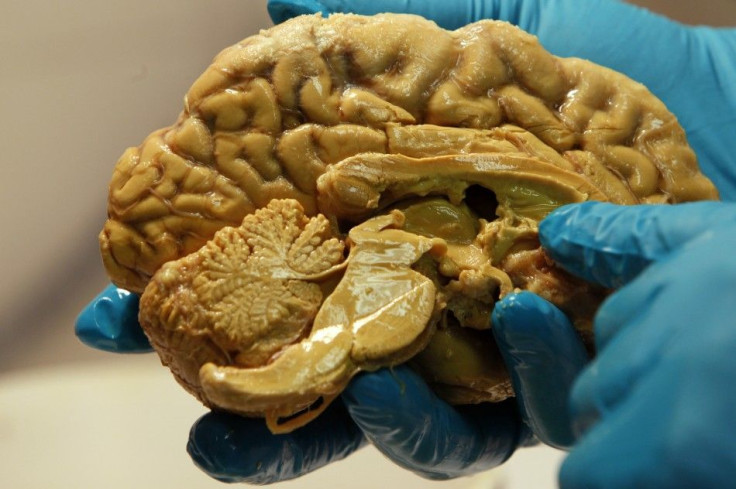FDA Approves Alzheimer’s Drug Aduhelm, But Questions Linger About Effectiveness
The Food and Drug Administration announced on Monday that is it has approved a drug to treat the memory and cognitive loss of Alzheimer’s disease, a first for the agency since 2003.
The drug, Aduhelm, was approved using the FDA’s Accelerated Approval pathway, where the agency approves a drug based upon its reasonable, predictable clinical benefit for serious or life-threatening illnesses while there still “remains some uncertainty about the drug’s clinical benefit.”
According to the FDA, the approval is a milestone in many ways.
Not only is Aduhelm the first novel therapy approved for Alzheimer’s disease in 18 years by the FDA, but it is the first treatment that is aimed at treating the pathophysiology of the disease – amyloid beta plaques in the brain.
FDA approves the first treatment directed at the underlying biology of Alzheimer’s disease, which is expected to reduce the clinical decline of patients with this disease: https://t.co/xEVvn7V2Fi pic.twitter.com/OaADO8DkZB
— U.S. FDA (@US_FDA) June 7, 2021
In clinical trials, it was first shown that Aduhelm, reduces the amyloid beta plaques, which is thought to help decrease the decline of Alzheimer’s disease. The drug would be administered monthly as an intravenous infusion, the New York Times reported.
The FDA cited the extreme need for the drug, saying that more than 6 million Americans are living with Alzheimer’s disease – a number that is expected to grow as the population ages. It is also the sixth-leading cause of death in the U.S. currently, according to the agency.
“We are well-aware of the attention surrounding this approval,” the FDA said in a statement. “We understand that Aduhelm has garnered the attention of the press, the Alzheimer’s patient community, our elected officials, and other interested stakeholders. With a treatment for a serious, life-threatening disease in the balance, it makes sense that so many people were following the outcome of this review.
The agency continued, “Further, the data included in the applicant’s submission were highly complex and left residual uncertainties regarding clinical benefit. There has been considerable public debate on whether Aduhelm should be approved. As is often the case when it comes to interpreting scientific data, the expert community has offered differing perspectives.”
The FDA also said that it used a “fine-tooth comb” to examine the clinical trial finding and solicited input from the Peripheral and Central Nervous System Drugs Advisory Committee as well as the patient committee.
“In determining that the application met the requirements for Accelerated Approval, the Agency concluded that the benefits of Aduhelm for patients with Alzheimer’s disease outweighed the risks of the therapy,” the FDA said.
Critics of the drug have pointed to risks of brain swelling or bleeding caused by the drug that occurred during clinical trials, the Times noted.
Clinical trials for the Aduhelm drugs were comprised of two Phase 3 studies. While one study met the primary endpoint, showing a clinical decline, the second trial did not. However, it was found that Aduhelm, in both studies, reduced amyloid plaques in the brain in a dose- and time-dependent fashion.
The FDA did say that it does have regulatory procedures in place that could remove the drug from the market if Biogen’s confirmatory trial does verify its anticipated clinical benefit. It also said that it will continue to monitor the drug as it reaches the market and the patient level.
There are an estimated 6.2 million Americans living with Alzheimer's dementia, according to the Alzheimer's Association.

© Copyright IBTimes 2025. All rights reserved.





















